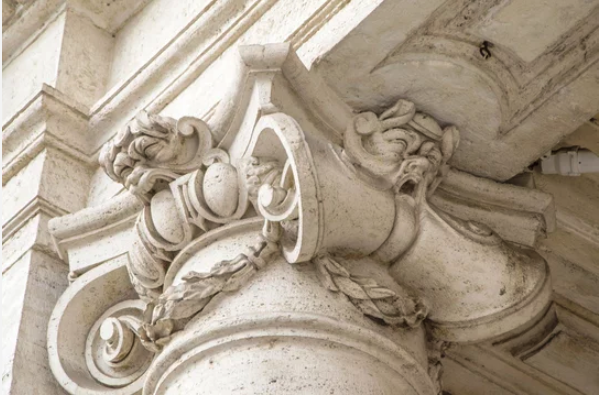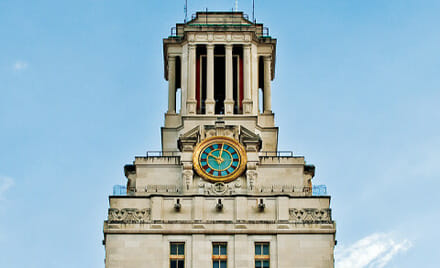This week in diplomatic and military history: October 27
David Edwards | Oct 27, 2014
October 27, 1962 marked the height of the Cuban Missile Crisis and the series of incidents that culminated in what is dubbed “Black Saturday”. Despite coming close to a full-scale nuclear war, both President Kennedy and Soviet General Secretary Khrushchev remained diligent in their commitment to diplomacy in the face of intense external political pressures and potentially catastrophic military mishaps. While current history often depicts Kennedy as the victor and Khrushchev as being the most intractable, during negotiations both men secured their diplomatic aims while maintaining a firm but flexible stance.
The events leading up to the “Black Saturday” incidents began after the failed U.S. Bay of Pigs invasion in 1961. During this time, the Sovietswere interested in acquiring locations closer to the continental U.S. that would allow themto threaten Washington D.C. with medium-range nuclear missiles. The Soviets’ desire for closer missile bases was a reaction to U.S. missile bases located in Italy and Turkey, which were equipped with Jupiter missiles capable of hitting Moscow. In an effort to level the ballistic “playing field,” they turned to Cuba, where the Cuban president Fidel Castro was likewise seeking to improve his deterrence capabilities. The prospect of placing mutually beneficial missile bases on Cuba was too good to pass up for both countries.
CIA intelligence long suspected that the Soviets may have been building missile bases in Cuba; however their suspicions were not confirmed until October 14, 1962, when aerial photographs showed missile bases capable of housing medium-range ballistic missiles being built in the west of Cuba. A progressive heightening of tensions between the U.S. and Soviet Union marked the succeeding thirteen days. The U.S. quickly established a naval “quarantine” on October 22 – the term “quarantine” had to be used in lieu of “blockade” which, as an act of war, would have been an international disaster. The quarantine was an attempt to prevent Soviet ships from reaching Cuba with materials or armed forces. Khrushchev responded on October 24 by instructing all Soviet ships to ignore the blockade and continue to Cuba. On October 25, U.N. Secretary General U Thant requested for a cooling off period between the U.S. and the U.S.S.R.; Kennedy rejected this on the basis that missiles would remain in Cuba during such a period. On October 26, Fidel Castro, believing that the U.S. would attempt to destroy the missile bases, urged Khrushchev to make a preemptive attack against the U.S. – Khrushchev did not respond. The following afternoon, the Soviets issued an ultimatum: they would remove their missiles from Cuba if the U.S. would remove their Jupiter missiles in Turkey and Italy and promise never to invade Cuba.
Tensions were still high when the “Black Saturday” incidents took place on October, 27. It began when a U.S. U-2 spy plane was making a routine flight over the North Pole to gather evidence of Soviet nuclear tests. The pilot, Major Charles Maultsby, became disoriented by the aurora borealis and strayed into Soviet air space. For 90 minutes and 300 miles, Major Maultsby eluded Soviet interceptors and arrived safely in an Alaskan air field after running out of fuel. Two F-102 fighter jets, armed with nuclear-tipped missiles designed to destroy bomber squadrons, escorted him back into U.S. airspace because of the high tensions and risk of Soviet attack. Later that day, President Kennedy received a message stating that a U-2F jet piloted by USAF Major Rudolf Anderson was shot down by a Cuban-launched SAM missile after conducting a reconnaissance mission over Cuba. A third incident occurred when the destroyer USS Cony dropped depth charges in an effort to force a Soviet submarine which had strayed near the quarantine line to surface. Unbeknownst to the Cony’s command, the Soviet submarine was armed with a nuclear torpedo and was given authorization for use if fired upon; however the submarine’s command would not do so and instead only resurfaced.
On October 28, 1962, the U.S. agreed to the Soviet ultimatum: the Soviets would remove their missiles from Cuba, and the U.S. would quietly remove all missiles from Italy and Turkey. Despite the successful aversion of a nuclear war, both leaders came under intense criticism. Kennedy was admonished by Italy and Turkey for undermining their national security and for making NATO allies appear weak. Khrushchev would later admit in his memoirs that the Cuban Missile Crisis was a blunder which led to his forced resignation by the Politburo in 1964.
The thirteen days leading up to October 27, 1962 were the most politically intense and potentially destructive that have occurred in the history of humankind. The three incidents that occurred on “Black Saturday” could easily have sparked a military retaliation on either side.
The successful resolution to the Cuban Missile Crisis was not achieved through military retaliation but rather through a commitment to the diplomatic process. Both Kennedy and Khrushchev used negotiations to exact their respective agendas, even if they lost some international credibility or gave fuel to their political rivals. The events of “Black Saturday” bespeak the need for continued efforts to utilize diplomacy as a means to exact national agendas, and caution heads of states of the potentially disastrous consequences of an over-armed military apparatus.
This week brought to you by Undergraduate Fellow David Edwards:
I was born in Wytheville, VA, raised in Tulsa, OK, and now attend university here in Austin. Before matriculating to UT, I attended school at Tulsa Community College where I was a member of the Honors Program and enjoyed the privilege of presenting at an honors conference in Kansas City. I am an English Honors and History major here at UT. I am currently chairman of UT’s Sigma Tau Delta — English Honors Society and am conducting research on James Joyce’s Ulysses. My academic interests include British Modernism, Soviet History, and U.S. Foreign Policy during the Wilson and Nixon presidencies.




